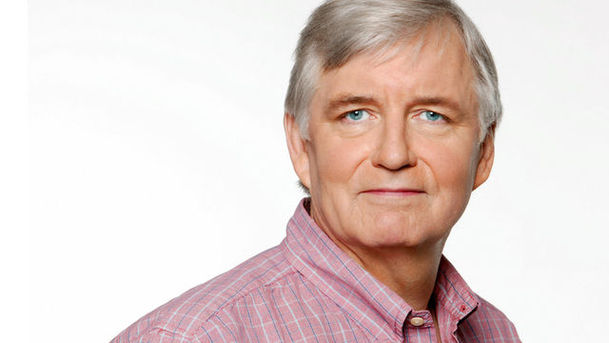Leading Edge - 19/11/2009

2009 has been the International Year of Astronomy. It comes, says astronomer-historian Dr Paul Murdin, at the climax of the best century astronomers are ever likely to have; a period of exploration in which we have had our first look through many new windows on the Universe and our first close-up encounters with other planets. There is plenty left to do, he tells Geoff Watts, but never again can we have that exciting first view. Our telescopes can see back to the dawn of the Universe, but in terms of space exploration, we've hardly stepped out of the door. In a year's time, the US Space Shuttle is due to be retired from service, leaving NASA without its own rocket that can launch humans and supply the International Space Station. Geoff hears how the space agency is turning to the private sector to design and build its launch vehicles and what that implies for a return to the Moon and exploration beyond, to Mars. Plus news from the past and present of forensic science, in fiction and reality. Sherlock Holmes was arguably the first fictional character to make use of forensic science, but what techniques were available to him and how accurately did Sir Arthur Conan Doyle portray them? Today, TV series such as Silent Witness and Waking the Dead are built on forensic science. How do they compare to the realities of moden techniques?